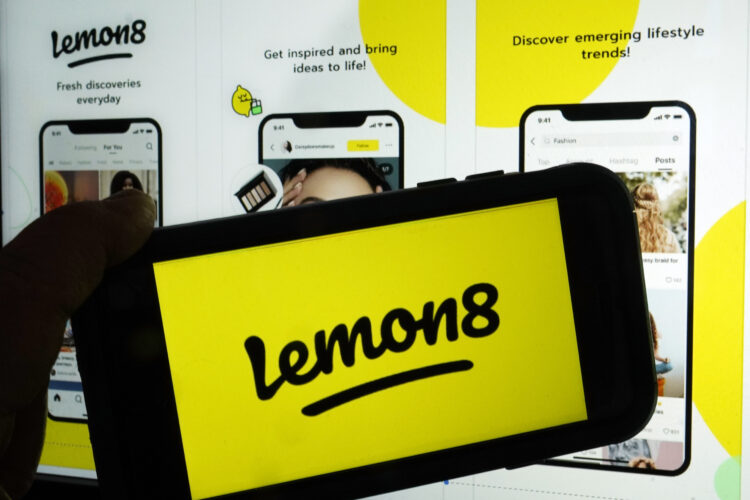As the debate continues to ban Tiktok nationwide, Lemon8 has been slyly introduced by its Chinese parent company, and the new app is picking up traction.
With the potential to face similar scrutiny as Tiktok, Lemon8 has been plagued with claims the Chinese government may force ByteDance (its parent company) to fork over American user data or push so-called misinformation on the social media platform. Maintaining that will not occur, Tiktok is attempting to convince policymakers that account information will be kept safe.
In the interim, ByteDance is forging ahead with its expansion roadmap. So, what is Lemon8?
A photo-based application, Lemon8 is a combination of Pinterest and Instagram, and is speckled with TikTok-like videos. Experts of social marketing claim Lemon8 is also reminiscent of Xiaohongshu, a Chinese e-commerce and social media giant, with the translation of “little red book.”
Like Tiktok and other platforms, a “following” section is Lemon8’s primary feed feature that allows users to view content from creators they choose to follow. There is also the familiar “For You” section which suggests posts one may be interested in. Content is segmented via various categories such as fitness, food, travel, and pets, however, content can be explored in different ways.
Lemon8 was launched in 2020 in Asian markets, making progress in Japan and Thailand with roughly 5 million and 7.4 million downloads respectively. With little fanfare, it was introduced in the US this past February but is now garnering some attention after TikTok influencers started to promote it. Lemon8 gathers IP addresses, device identifiers, and browsing history as do other platforms.
The app had 290,000 downloads in the US as of Sunday and is currently listed as one of the most prevalent in Apple’s app store.
We’re obviously going to do our best with the Lemon8 app to comply with US law and to make sure we do the right thing here,” said Erich Andersen, the company’s general counsel. “But I think we got a long way to go with that application—it’s pretty much a startup phase.”


















Very interesting!